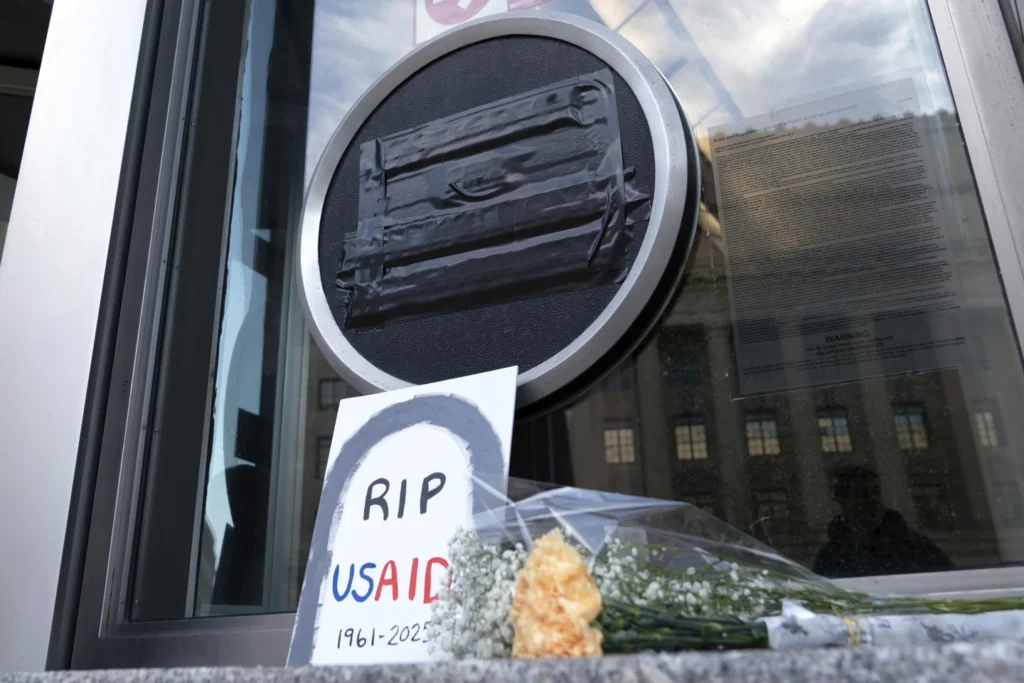The governments of Sweden, Norway, and the Netherlands are demanding clarity from the U.S. after $15 million they contributed for overseas development programs was left sitting in USAID accounts without being disbursed or refunded.
The funding was intended for joint development projects, including the Water and Energy for Food (WE4F) initiative, which helps farmers in low-income countries adopt sustainable agricultural techniques. However, since the Trump administration and Elon Musk’s government-cutting reforms took effect, much of USAID’s programs have been slashed, leaving these contributions in limbo.
“We want our partner organizations to be compensated for the work they have put into the programs,” said Julia Lindholm, spokesperson for Sweden’s international development agency.
Growing Concerns Over U.S. Credibility
The lack of response from USAID and the State Department has raised alarm among Washington’s allies. The total frozen funds may be even higher, as multiple foreign governments had money entrusted with USAID when President Trump ordered a funding freeze on January 20.
Beyond the financial uncertainty, the administration’s abrupt cuts to USAID contracts—eliminating 83% of its agreements—have triggered lawsuits. Former U.S. defense and intelligence officials warn that the mass cancellations are damaging America’s credibility, signaling that the U.S. is no longer a reliable financial partner.
“Canceling the contracts sends a message that this administration does not feel bound by regulations—regulations on which every business that works with the United States relies,” stated former Defense Secretaries Chuck Hagel and William Perry in a legal brief.
Foreign Assistance Shift and Calls for Refunds
The Trump administration has dismissed traditional foreign aid efforts as a “fraud and scam”, focusing instead on countering China’s influence abroad and boosting U.S. business interests.
Frustrated by the lack of communication, Sweden, Norway, and the Netherlands have threatened to go public with their concerns, pressuring the U.S. for answers.
Sweden alone estimates that $12 million of its contributions, including $5.1 million for WE4F, remains trapped in USAID accounts. Norway and the Netherlands have also received no updates on their respective $1.4 million and $1.6 million contributions.
Meanwhile, international donor organizations are exploring alternative ways to continue WE4F and other humanitarian programs, bypassing USAID.
With court orders now forcing the U.S. to start repaying some of the $2 billion frozen on Inauguration Day, the European allies are intensifying their calls for immediate refunds or a commitment to funding the projects as originally agreed.



